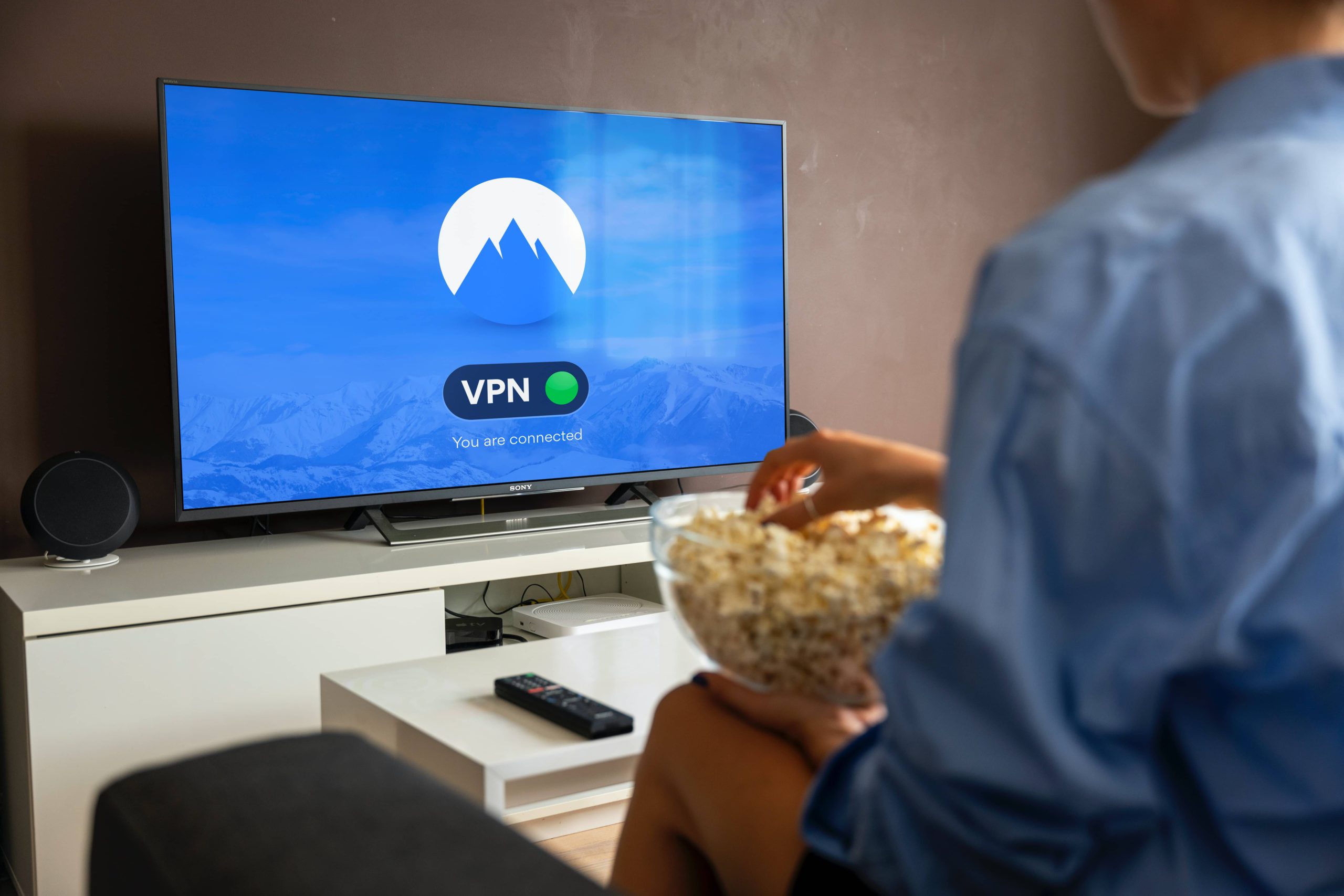Are you considering a Virtual Private Network (VPN) but hesitant about adding another subscription fee to your budget? A free VPN for PC might just be the solution you’re looking for. While the appeal of a cost-free VPN is undeniable, navigating the plethora of available options to find a reliable and user-friendly service can be challenging. The market is saturated with free VPNs, and distinguishing the safe from the risky ones is not always straightforward.
Many free VPNs are notorious for compromising user data privacy, sometimes even selling user information, and are often laden with malware. These services may also significantly slow down your internet speeds, contrasting with their paid counterparts. Furthermore, free VPNs often limit data usage, leading to a more-than-satisfactory browsing experience.
Understanding these challenges, we’ve compiled a guide featuring seven crucial tips to assist you in selecting a free VPN for your PC, ensuring secure and efficient browsing.
1. Choose a Reputable VPN Provider
The foundation of secure browsing with a VPN starts with selecting the right provider. The current market is overrun with free VPN services, but not all are trustworthy. To avoid the pitfalls of a disreputable VPN, conduct thorough research. Look for providers with high ratings, positive user reviews, and a clear commitment to privacy. Check for any history of data breaches and prioritize providers with a no-logs policy.
The VPN’s impact on your internet speed is another critical factor, especially for activities like streaming, downloading, video conferencing, gaming, and general browsing. Ideally, your VPN should minimally affect your usual internet speeds.
A quality free VPN should be user-friendly, catering to all levels of technical expertise. It should function smoothly and be free from severe restrictions that could hinder its effectiveness for your intended use.
2. Verify Encryption Standards
A VPN’s primary role is to encrypt your online data, making it unreadable to outsiders. Ensure your free VPN uses robust, up-to-date encryption protocols like OpenVPN or IKEv2/IPSec. These protocols are the gold standard for secure data transmission. Be cautious of VPNs that use obsolete or less secure encryption methods, as they are more susceptible to breaches.
3. Use a Secure Browser
Pairing your VPN with a secure web browser significantly enhances your online privacy. Opt for browsers like Mozilla Firefox or Brave, designed with privacy in mind. These browsers offer features like ad blocking, tracker blocking, and script disabling, which provide robust protection against invasive tracking and data harvesting when combined with a VPN.
4. Keep Software Updated
To ensure the highest level of security, it is vital to keep your VPN application and web browser updated. Developers continually release updates to address vulnerabilities and enhance functionality. Ignoring these updates can leave you exposed to risks that have already been patched in later versions.
5. Be Cautious with Public Wi-Fi
Public Wi-Fi networks are convenient but are notorious for their lack of security. When using a free VPN on public networks, make sure it’s always active to protect your data from potential intercepts by cybercriminals lurking on the same network.
In addition, exercising caution with public WiFi becomes more critical, especially if you suspect you might be under government surveillance or other forms of monitoring.
6. Avoid Logging Sensitive Information
A VPN is a robust tool, but it’s not infallible. Practice caution by avoiding transmitting sensitive information like banking details over the internet, even when using a VPN. If you must conduct such transactions, ensure the website employs HTTPS, a protocol that encrypts the data between your browser and the website, adding an extra layer of security.
7. Understand the Limitations of Free VPNs
Free VPNs, while beneficial, come with inherent limitations. These may include data usage caps, limited server choices, and potentially slower internet speeds. More importantly, some free VPNs monetize their services through advertisements or, in worse scenarios, by selling user data.
Here are some other free VPN red flags:
- Unclear Privacy Policies: If a VPN doesn’t clearly explain how it handles your data, it might be profiting from it.
- Community-Powered Networks: These VPNs use your network as a proxy, risking your IP tied to another user’s activities, potentially leading to legal issues.
- No Company Background: Avoid VPNs without transparent company information. Trustworthy providers should be open about their management and operations.
- Excessive Advertising: Be wary of VPNs that bombard or inject ads into your browsing, as this can indicate adware.
- Malware and Ransomware Risks: Ensure your device has malware and ransomware protection. If a free VPN introduces malware or ransomware, you must remove it immediately.
- Device Performance Issues: A slowdown after installing a VPN can signal harmful background activities, like malware.
On the other hand, paid VPNs safeguard your online activities with military-grade encryption, ensuring a high level of security. Additionally, they adhere to a stringent no-logs policy, guaranteeing that your data remains private and is not collected or shared with any third parties. These types of VPNs also come with ‘freemium’ options, allowing you to try them for free before buying.
The Bigger Picture
Secure internet browsing is more than just a matter of using tools; it’s about adopting a mindset of vigilance and proactivity. By choosing a reputable VPN provider, ensuring robust encryption, using a secure browser, regularly updating your software, exercising caution on public Wi-Fi, being mindful of sensitive data, and understanding the limitations of free VPNs, you can significantly enhance your online security.
In the digital world, where threats evolve rapidly, being informed and remaining cautious is the key to safeguarding your digital presence. Remember, in cybersecurity, the best offense is a good defense. By employing these seven tips, you can enjoy the internet’s vast resources with greater peace of mind, knowing you’ve taken significant steps to protect your digital life.





Be First to Comment